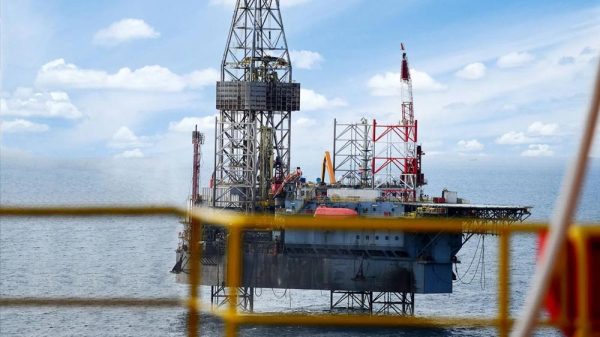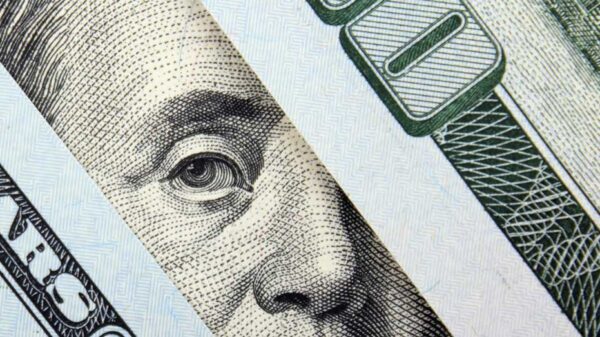BP, the British oil giant, recently released its earnings report for the fourth quarter and full-year 2023. While the company experienced a significant drop in annual profit, it surprised investors by announcing an acceleration of its share buyback program. This move, coupled with an increased dividend, has led to a positive response from the market, with BP’s shares rising 5% following the announcement.
Earnings and Share Buybacks
BP’s underlying replacement cost profit, which is used as a proxy for net profit, stood at $13.8 billion for 2023. This figure represents a steep decline from the record $27.7 billion achieved in the previous year. Analysts had anticipated a net profit of $13.9 billion for the full year, according to a consensus compiled by LSEG.
Despite the decline in profit, BP has decided to accelerate its share buyback program. The company announced its intention to execute a $1.75 billion share buyback prior to reporting first-quarter results, with a commitment to announcing a $3.5 billion share buyback for the first half of the year. This move has been seen as a “welcome positive surprise” by analysts at RBC Capital Markets.
Dividend Increase
In addition to the share buybacks, BP also announced a dividend per ordinary share of 7.27 cents for the final three months of 2023. This marks a 10% increase compared to the same period in the previous year. The increased dividend payout further demonstrates BP’s commitment to delivering value to its shareholders.
Market Response
BP’s announcement of accelerated share buybacks and an increased dividend has resonated positively with investors. The London-listed stock of the oil major surged towards the top of the pan-European Stoxx 600 index following the news. Analysts believe that BP’s commitment to share buybacks beyond the first quarter of 2024, along with its plan to execute at least $14 billion in share buybacks through 2025, has instilled confidence in the company’s future prospects.
BP’s Strategy and Activist Pressure
BP’s latest earnings report comes at a time when the company is facing pressure from activist investor Bluebell Capital Partners. In a letter to BP’s leadership, Bluebell urged the company to increase its investments in oil and gas and reduce spending on clean energy. However, BP has remained committed to its strategy of transitioning towards a net-zero company by 2050 or sooner. Under the leadership of CEO Murray Auchincloss, BP aims to deliver long-term value for its shareholders while addressing climate change concerns.











